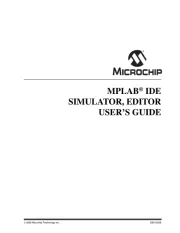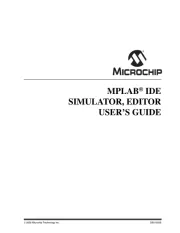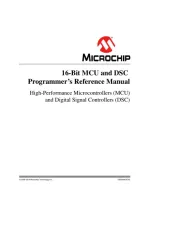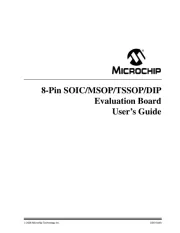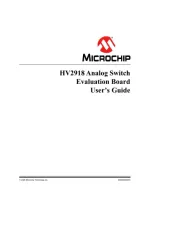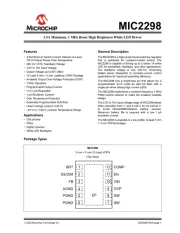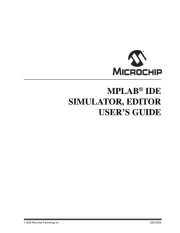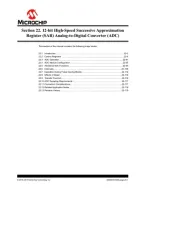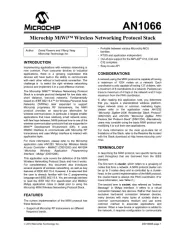2018 Microchip Technology Inc. DS20005947B-page 1
MCP33131D/21D/11D-XX
Features
• Sample Rate (Throughput):
- MCP33131D/21D/11D-10: 1 Msps
- MCP33131D/21D/11D-05: 500 kSPS
• 16/14/12-Bit Resolution with No Missing Codes
• No Latency Output
• Wide Operating Voltage Range:
- Analog Supply Voltage (AVDD): 1.8V
- Digital Input/Output Interface Voltage (DV
IO):
1.7V - 5.5V
- External Reference (VREF): 2.5V - 5.1V
• Differential Input Operation
- Input Full-Scale Range: -VREF to +VREF
• Ultra Low Current Consumption (typical):
- During Input Acquisition (Standby): ~ 0.8 µA
- During Conversion:
MCP33131D/21D/11D-10: ~1.6 mA
MCP33131D/21D/11D-05: ~1.4 mA
• SPI-Compatible Serial Communication:
- SCLK Clock Rate: up to 100 MHz
• ADC Self-Calibration for Offset, Gain, and
Linearity Errors:
- During Power-Up (automatic)
- On-Demand via user’s command during
normal operation
• AEC-Q100 Qualified:
- Temperature Grade 1: -40°C to +125°C
• Package Options: MSOP-10 and TDFN-10
Typical Applications
• High-Precision Data Acquisition
• Medical Instruments
• Test Equipment
• Electric Vehicle Battery Management Systems
• Motor Control Applications
• Switch-Mode Power Supply Applications
• Battery-Powered Equipment
System Design Supports
The MCP331x1D-XX Evaluation Kit demonstrates the
performance of the MCP331x1D-XX SAR ADC family
devices. The evaluation kit includes: (a) MCP331x1D
Evaluation Board, (b) PIC32MZ EF Curiosity Board for
data collection, and (c) SAR ADC Utility PC GUI.
Contact Microchip Technology Inc. for the evaluation
tools and the PIC32 MCU firmware example codes.
Package Types
MCP331x1D-XX Device Offering (Note 1):
Part Number Resolution Sample
Rate Input Type Input Range
(Differential)
Performance (Typical)
SNR
(dBFS)
SFDR
(dB)
THD
(dB)
INL
(LSB)
DNL
(LSB)
MCP33131D-10 16-bit 1 Msps Differential ±5.1V 91.3 103.5 -99.3 ±2 ±0.8
MCP33121D-10 14-bit 1 Msps Differential ±5.1V 85.1 103.5 -99.2 ±0.5 ±0.25
MCP33111D-10 12-bit 1 Msps Differential ±5.1V 73.9 99.3 -96.7 ±0.12 ±0.06
MCP33131D-05 16-bit 500 kSPS Differential ±5.1V 91.3 103.5 -99.3 ±2 ±0.8
MCP33121D-05 14-bit 500 kSPS Differential ±5.1V 85.1 103.5 -99.2 ±0.5 ±0.25
MCP33111D-05 12-bit 500 kSPS Differential ±5.1V 73.9 99.3 -96.7 ±0.12 ±0.06
Note 1: SNR, SFDR, and THD are measured with f
IN = 10 kHz, VIN = -1 dBFS, VREF = 5.1V.
1 Msps/500 kSPS 16/14/12-Bit Differential Input SAR ADC

